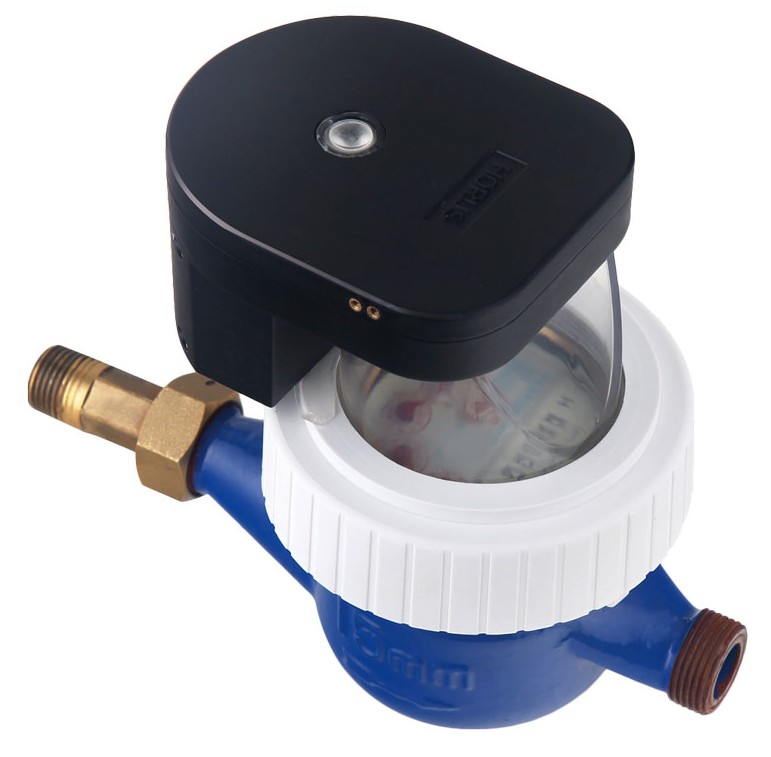ADD: No. 18, Weisan Road, Rongyu Village, Xinpu Town,Cixi City,China.
MOBILE: +86 135 6606 0510 (WhatsApp & Wechat )
TEL: +86 (0)574 6358 5625
FAX: +86 (0)574 6357 7818
MAIL: [email protected]
[email protected]
In the vast landscape of agriculture, a technological i […]
In the vast landscape of agriculture, a technological innovation emerges as a driving force – Irrigation Water Meters. This in-depth exploration delves into their pivotal role, shedding light on their potential to revolutionize farming practices. By effectively managing water distribution, they empower growth and sustainability, reshaping how we cultivate crops and steward our land.
Irrigation Water Meters transcend their utilitarian function to become architects of precision. Beyond measuring water usage, they bring an unparalleled level of accuracy crucial for agriculture. Farmers can allocate water with exactitude, minimizing wastage and maximizing crop yield.
These meters play a crucial role in water conservation. By monitoring usage, farmers can identify inefficiencies and leaks in their irrigation systems. This not only conserves water but also reduces costs, making agriculture more sustainable.
Data becomes a cornerstone with Irrigation Water Meters. By analyzing water consumption patterns, farmers can make informed choices about irrigation schedules and crop needs. This approach enhances productivity and optimizes resource allocation, leading to healthier crops and improved harvests.
Efficient water management directly influences crop health and yield. These meters provide insights into soil moisture levels, enabling farmers to customize irrigation to each crop's needs. This individualized approach fosters optimal growth conditions, resulting in high-quality produce and increased productivity.
Beyond agricultural benefits, these meters offer economic advantages. By eliminating water wastage and optimizing usage, farmers can reduce operating costs and increase profitability. This stability extends to the broader agricultural industry, ensuring its resilience and growth.
The sustainable ethos of these meters aligns with the vision of responsible farming. By curbing waste and promoting resource management, they contribute to the long-term health of farmland and ecosystems.
